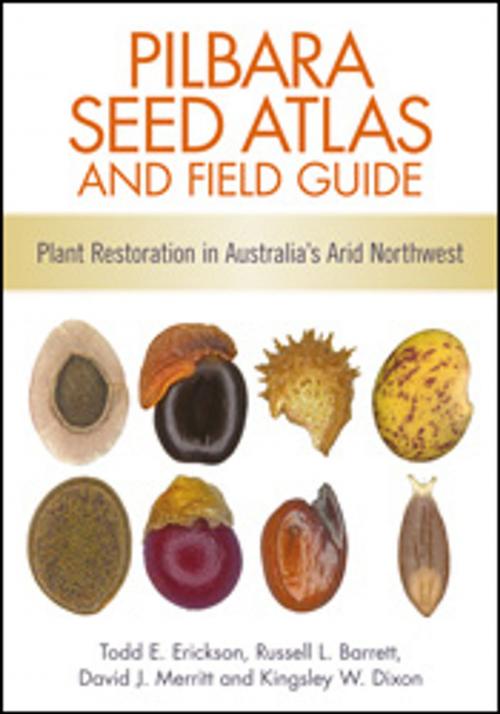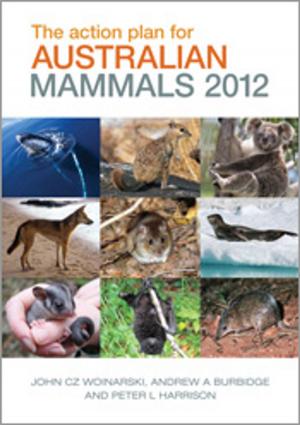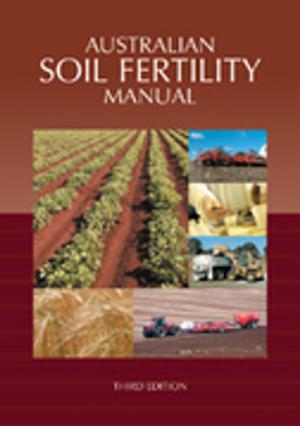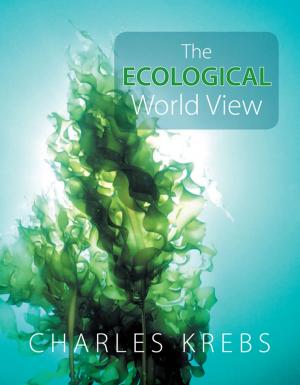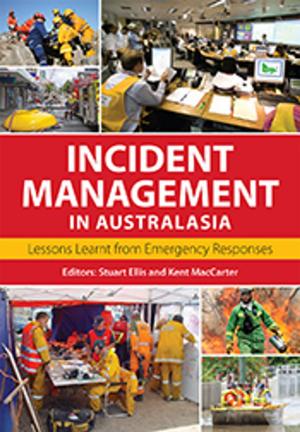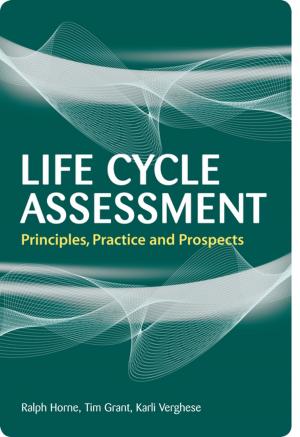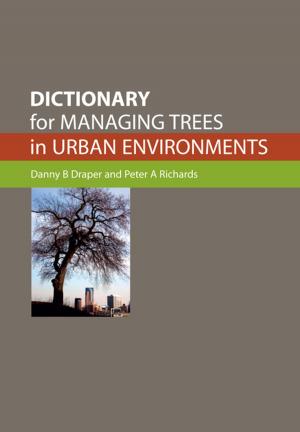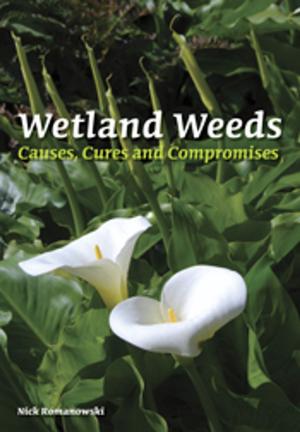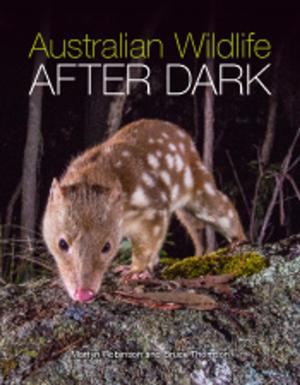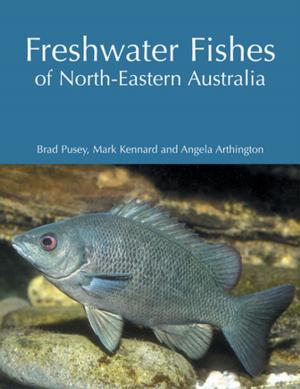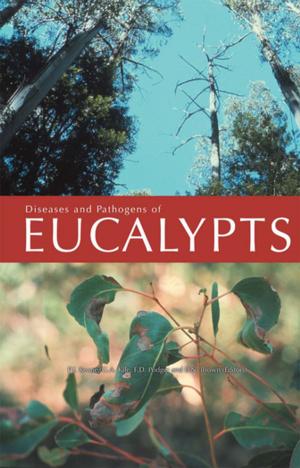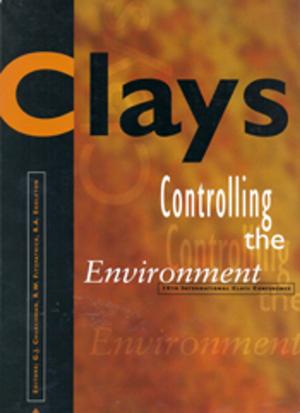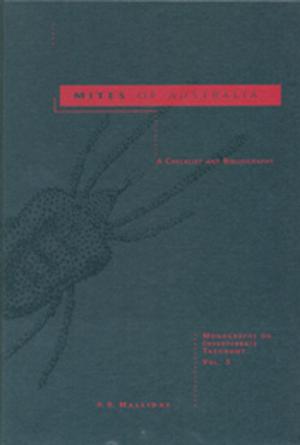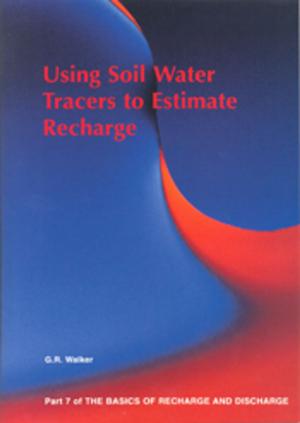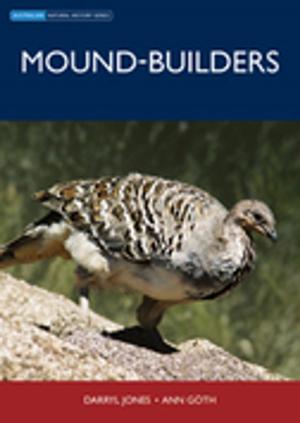Pilbara Seed Atlas and Field Guide
Plant Restoration in Australia's Arid Northwest
Nonfiction, Science & Nature, Science, Biological Sciences, Botany, Nature| Author: | ISBN: | 9781486305544 | |
| Publisher: | CSIRO PUBLISHING | Publication: | April 1, 2016 |
| Imprint: | CSIRO PUBLISHING | Language: | English |
| Author: | |
| ISBN: | 9781486305544 |
| Publisher: | CSIRO PUBLISHING |
| Publication: | April 1, 2016 |
| Imprint: | CSIRO PUBLISHING |
| Language: | English |
The Pilbara region in Australia’s arid northwest is rich in flora that is suited to extreme temperatures and boom and bust cycles of moisture availability. It is also a region important for its natural resources. In places where mining activities have finished and the land is under management for ecological restoration, there is increasing demand for information about native plant communities and the biology of their seeds. Pilbara Seed Atlas and Field Guide is the first book to combine plant identification with robust, scientific criteria for cost-effective seed-based rehabilitation. It describes 103 regional plant taxa and provides guidelines for effective collection, cleaning, storage and germination of their seeds. It addresses issues such as timing of collection, quality and viability of seed, and dormancy release, which are essential for successful restoration programs. With photographs to portray the subtle differences and unique features of each species’ biology, this book will be of great use to practitioners in the field, including environmental consultants, rehabilitation companies, commercial seed collectors and government authorities, as well as naturalists and people interested in growing the Pilbara’s remarkable plants.
The Pilbara region in Australia’s arid northwest is rich in flora that is suited to extreme temperatures and boom and bust cycles of moisture availability. It is also a region important for its natural resources. In places where mining activities have finished and the land is under management for ecological restoration, there is increasing demand for information about native plant communities and the biology of their seeds. Pilbara Seed Atlas and Field Guide is the first book to combine plant identification with robust, scientific criteria for cost-effective seed-based rehabilitation. It describes 103 regional plant taxa and provides guidelines for effective collection, cleaning, storage and germination of their seeds. It addresses issues such as timing of collection, quality and viability of seed, and dormancy release, which are essential for successful restoration programs. With photographs to portray the subtle differences and unique features of each species’ biology, this book will be of great use to practitioners in the field, including environmental consultants, rehabilitation companies, commercial seed collectors and government authorities, as well as naturalists and people interested in growing the Pilbara’s remarkable plants.
